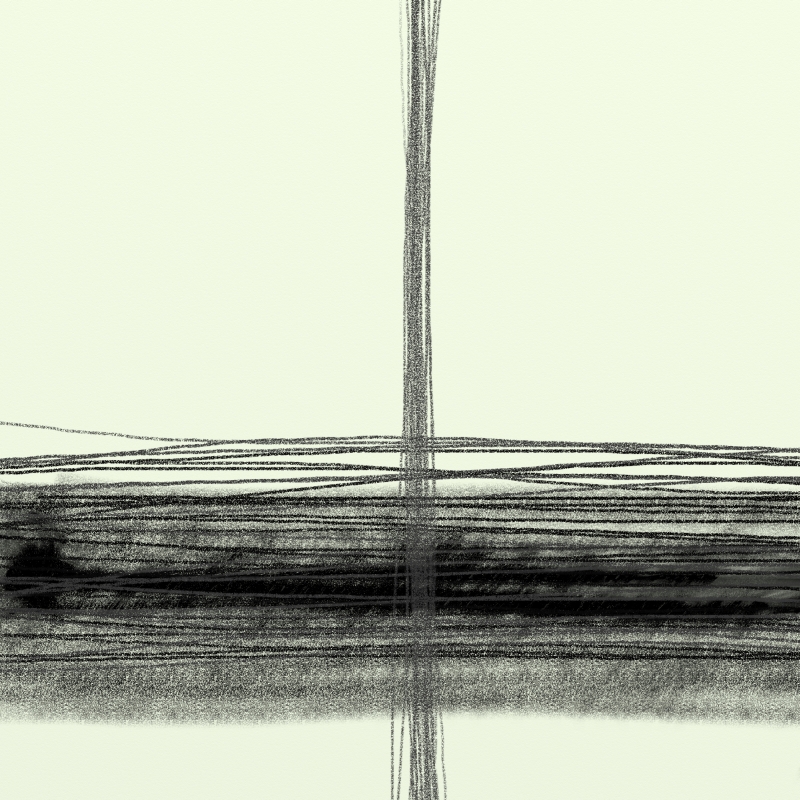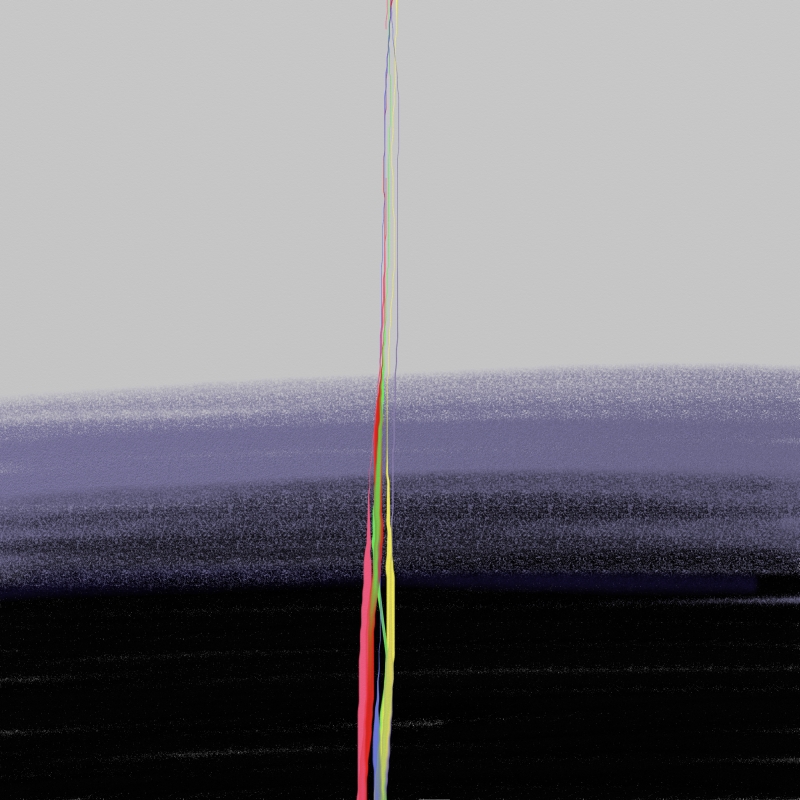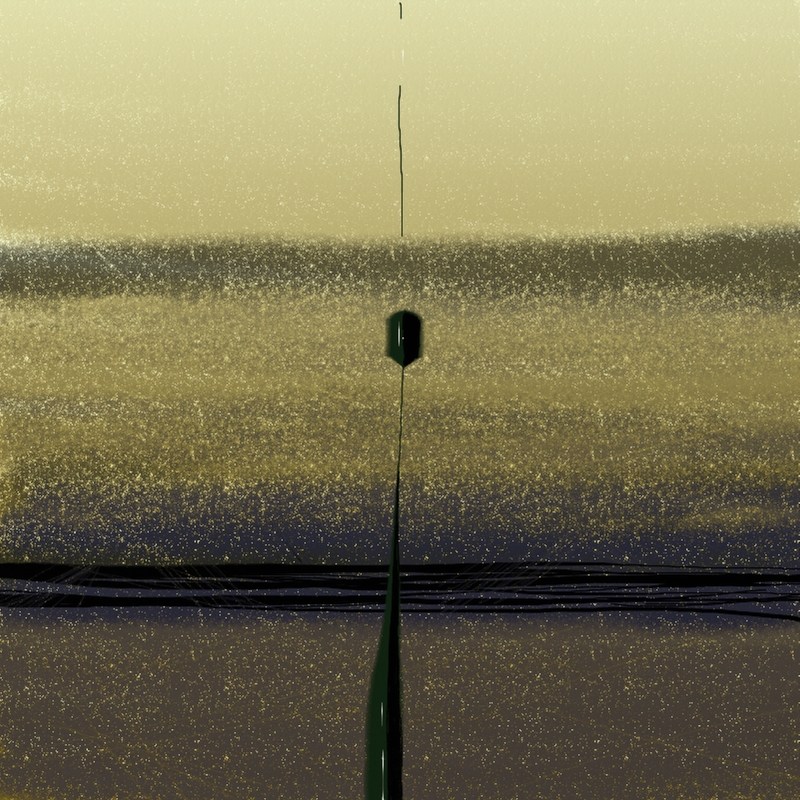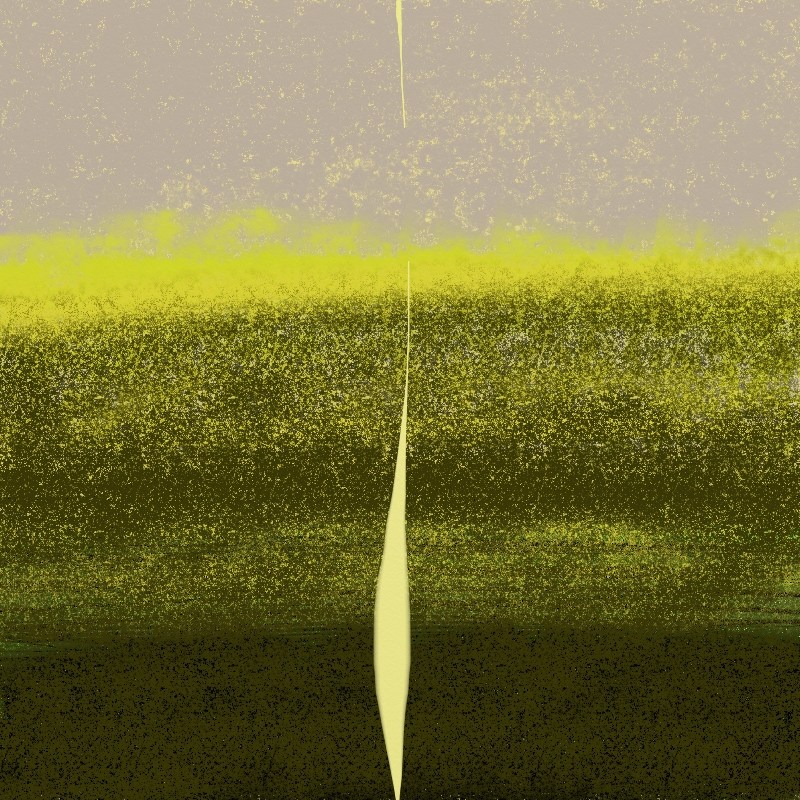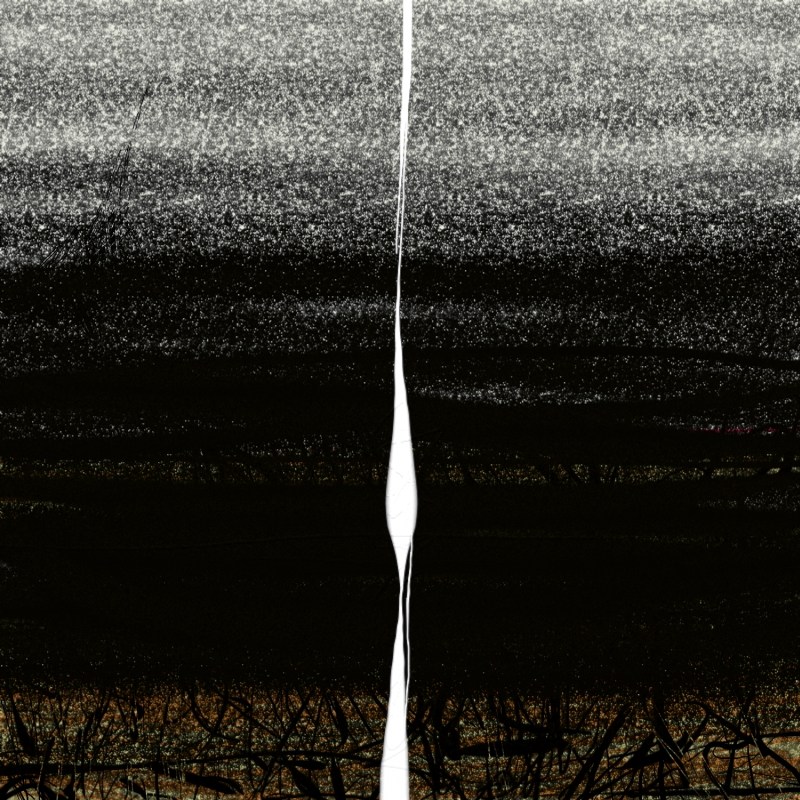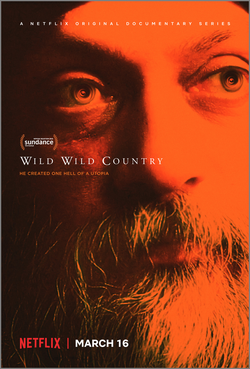This blog is more of a mixed bag. I post pix! This one is one that I love. Open image in new tab.
The Therapeutic Village Submission

This week I submitted a proposal to the The Government Inquiry into Mental Health and Addiction 2018
This is a link to the submission: The Therapeutic Village
There is also a petition on OurActionStation that will be delivered to the Government and again to the Inquiry at the end of November 2018
There is a quote from the opening section of the proposal.
The Proposal
The proposal is that Government develops a framework for the establishment of a series of therapeutic villages.Such villages will support families and individuals who are already receiving a variety of care. The villages complement but do not replace existing services. They can also perform a preventative function.
The therapeutic village concept envisaged in this submission refers to a group of people living in connection with each other (nearby, though not necessarily all in the same housing) with the purpose of mutual well being. This is not the familiar institutional model of residential care, nor the existing ‘wrap-around’ model, which provides services but no community. The village concept is flexible, built around specific patient/client needs, and puts relationships at the heart of therapeutic work. Villages are guided by a professional team with leadership and coordinating functions, that will facilitate village cohesion. The staff will build and maintain relationships with existing services such as medical centres, schools, daycare, regular therapy group providers and many other services. Continuity of relationships will enable ongoing assessment of needs and coordination of services.
The Algorithm of Wealth
Rice on chessboards, lilys in ponds….
http://www.dr-mikes-math-games-for-kids.com/rice-and-chessboard.html
Great little post about how exponential growth happens
How we create wealth is also exponential.
Tools build more tools and better techniques lead to better technologies. As we build layer upon layer of capacity we can make more stuff faster and cheaper.
It started by someone making nails and a hammer before they could build a house. Now much of a house comes out of a factory.
So now there is plenty, abundance?
For some much more than others. There is a peculiar flow of wealth to a very few.
Greed?
The main thing is the algorithm.
When stuff is made there is someone who clips the ticket. The ticket clippers then accumulate a little bit that suddenly is like the rice on the 64th square.
One person will own everything.
Obviously something gives. Wars. Redistribution etc. but the algorithm goes on.
So if it takes 200 years to create this amount of inequality what will it look like in five years.
Work it out:
surplus value = excess of value of product over value of inputs = s
value of inputs = constant capital (c) + variable capital (v) = c + v
total value of product = C’ = (c+v)+s
C’ – C = s
https://la.utexas.edu/users/hcleaver/357k/357ksg09.html
David Eagleman – Secrets of the Brain – audio – Kim Hill
David Eagleman is very clear on
- how we evolved
- how we are evolving
- education for spontaneity not content
Notice, again, how the cultural conserves stimulate creativity.
Now I want to watch the PBS doco
https://en.wikipedia.org/wiki/The_Brain_with_David_Eagleman
AND
This book
Later the same day!
Watched the first two episodes of the PBS series. They are on YouTube https://www.youtube.com/watch?v=BvPu2kYstcg
Very good. Well done. And yet as we watched we realised the misses a psychological dimension. Metaphor. Surplus reality. Theatre of truth.
For example. He shows some remarkable research about the implanting of false memories. But he draws the wrong conclusion. These memories my not be literally true, but literalism is the enemy soul. The story that is recontructed like dreams interpreted may have more meaning than the literal truths. Give the psyche a story, and it will use it to reveal depths.
Walk home – autumn dusk Christchurch
The Reader and the Writer
Just read this here:
The reader is the musician of the book
https://austinkleon.com/2018/04/23/shelf-life-2/
“Books are frozen voices, in the same way that musical scores are frozen music. The score is a way of transmitting the music to someone who can play it, releasing it into the air where it can once more be heard. And the black alphabet marks on the page represent words that were once spoken, if only in the writer’s head. They lie there inert until a reader comes along and transforms the letters into living sounds. The reader is the musician of the book: each reader may read the same text, just as each violinist plays the same piece, but each interpretation is different.”
—Margaret Atwood
This of course rhymes and echoes with the concept of the Canon of Creativity – conserves > warm up > spontaneity > creativity.
I’m writing this post as it goes well with a thought we developed recently about The Writer.
The writer is the servant of the vision.
The writer can give the voice to the vision. The writer is not you, or the whole of you. The writer has a job to to. The vision needs no bounds. The writer will prune and edit in a way the visionary can’t.
The discipline of the writer will paradoxically enhance the vision.
What is the universe up to?
On the first day of training in Imago therapy Maya Kollman characterised a couple relationship as “A microcosm of the universe trying to repair itself.” In different words psychodrama includes the same idea, the therapeutic tele is distributed in the group, it’s not just in the director.
And there is qualitative evidence for this… A group, or a couple, once the connection is established and there is a warm up, will hum its way to more and more enabling solutions. I see it so clearly in psychodrama groups – each drama assists the whole group in a quest that is finally resolved. The terminology of ‘disturbing motive’ and ‘reactive fear’ is used to describe this process. Even this naming implies that it is the ‘disturbing motive’ that arises first and the the ‘reactive fear’ is simply the obstacles of the cultural conserve (CC) that need to get out of the way. CC is a term from the psychodramatic theory Canon of Creativity
An earlier post grapples with the same idea. https://psyberspace.walterlogeman.com/2018/the-survival-dance-that-gets-in-the-way-of-the-encounter/
There is a layer of conserved coping that is somehow “man made”, the reactive fear, which is usually followed by flight or fight i.e. Criticism and blaming or avoidance. There is another layer – the universe trying to heal itself. Lets just call it eros or love. Gt the crap out of the way and the love will come through.
Both psychodrama and Imago have the philosophy that the therapist is the catalyst, simply providing tools, like dialogue, or the 5 instruments so the eros can emerge.
I’m reflecting on the relationship between letting it happen and making it happen.
The inevitable can be helped along.
We are agents in the healing of the universe. i.e. in its progress. Towards eros.
We can make it worse or better. If this is a dead end it will proceed towards the omega point in some other way. The universe does not care, but it won’t stop its evolution, its development, its progress. These words are teleological.
We make history but under conditions of our choosing.
Surfing. We can but catch a wave or miss it.
Anyway, if we assume that a group or a couple is “A microcosm of the universe trying to repair itself.” then we are assistants to that process.
Thats what Marxists are too.
Strange that the right who advocate market forces somehow believe in the benign power of the market. Leave alone. Marxists might trust the market too if it was alive in a society that was free of the distortions of the capitalists. It would tend towards each to his needs. Just like in couple therapy – in my room I have to be a strong dictatorship of the eros forces. We fight the cultural conserves (part of the current cultural forces) of blame – attack and control.
See more search the Tag – theory of change https://psyberspace.walterlogeman.com/tag/theory-of-change/
Earth Crosses
The Ecology of Psychology
The whole field of mental health, therapy, personal and family therapy is like a huge forest. There are the big trees that provide the canopy. Many species of those from very different families. Then layers of stuff that goes right down to the rare fungi and microscopic little weird things that are not even classified. Occasionally some hardy species will find its way to the sunlight above the canopy and bloom.
As part of the ecology of philosophies, methods, theories, schools and breakaway schools there are the regulating bodies, some governmental and some tied in with professional organisations. There are external factors influencing the cycle like in any ecosystem, education systems, insurance systems and political realities. Epidemics are not uncommon and the whole ecosystem is evolving, rapidly, fuelled by waves of things that go viral on the Internet, by marketing strategies and new inventions.
Is it just nature with everything in its own niche, something we can admire as mirroring the complexity of the human psyche? I think Jung said that somewhere.
Or is it a process which, on the one hand, is full of weeds taking us down false pathways towards violence and war or to isolation and continuation of madness and on the other hand there maybe species struggling to to survive that could be part of assisting humanity to survival. Are there some things that are more progressive than others?
The question is a bit like the debate about regulation and the market.
Who Shall Survive?
Osho
We binge watched Wild Wild Country with great interest.
I have been intrigued by Bagwhan since the 1980s. I went quite a few workshops in Freemantle, Western Australia… but never drank the cool-aid. No orange or mala. I knew there was controversy in Oregon. Just how awful it was is news to me. What went wrong? Guns for one thing. I hated that turn of events. Sheila?
I watched a short Osho video on YouTube and saw it clearly… Bagwhan is not really the problem as a person either… it is his philosophy!
What a lovely response to the journalists question “what is the purpose of all this?” Anything that has a purpose is mundane. His answer is really an deep reflection on ends and means. The philosopher shines thorough.
But there is an ugly side. He becomes a little scathing of the questioner. He is not “one of my people”. He is an outsider. And there it is, disdain for outsiders. With all the ‘enlightenment’ they could not relate to 50 locals. They took over that town in an arrogant way akin to the way those people had taken it from the native Americans. If they are not “my people” then they are not people at all.
That is the lesson for me in the whole thing… I know I can have that sort of disdain.





